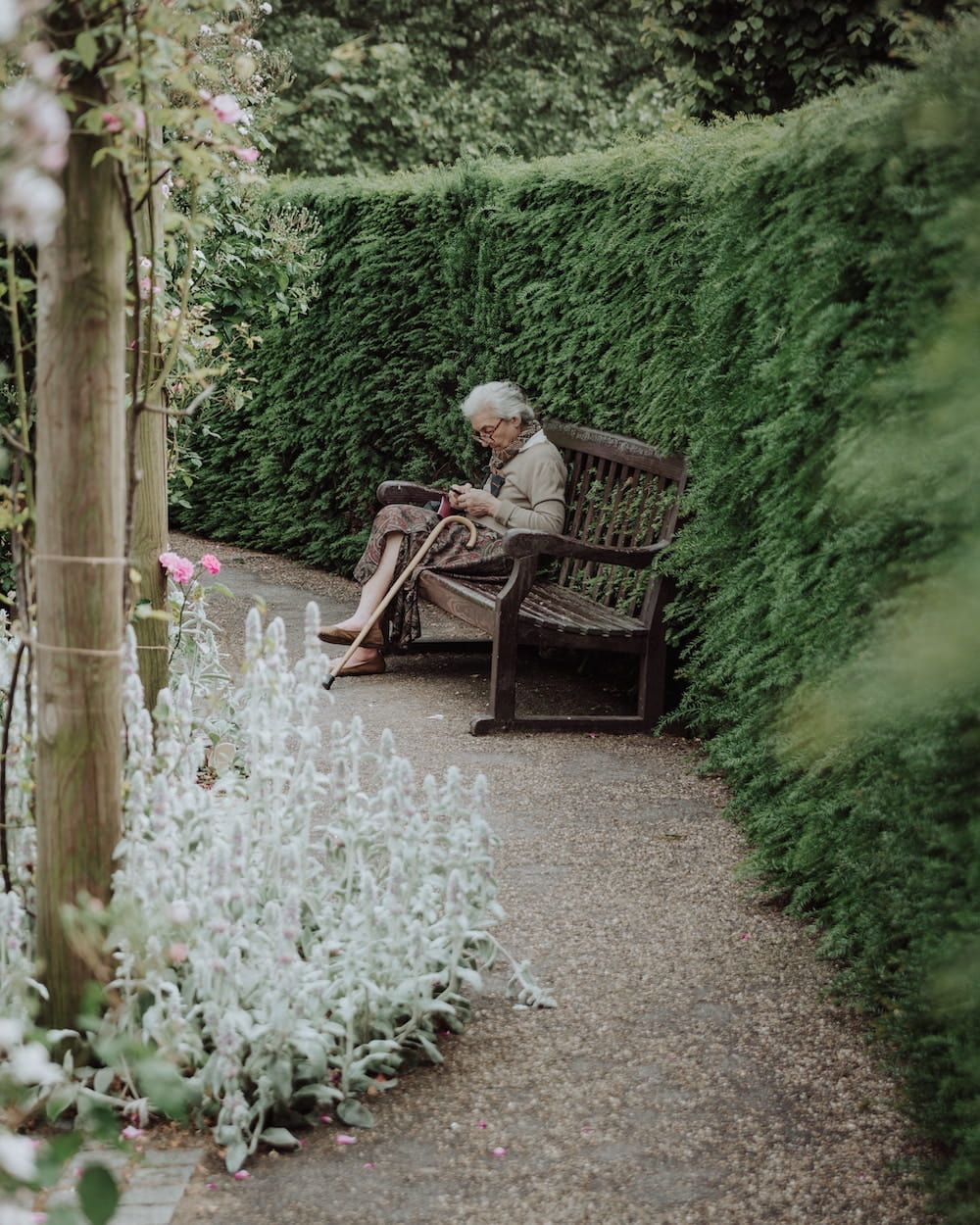Could spending more time outdoors have benefits for those living with Dementia?
Spending time outdoors is often the key to living a healthy lifestyle. It provides a necessary dose of vitamin D, but it’s not just about the physical effects. Exposure to daylight and fresh air has been proven to lift our mood and help to reduce stress. A change of scenery and a boost of vitamin D can be especially beneficial for someone living with dementia, as time spent outdoors has been shown to have a number of both mental and physical health benefits.
Whilst organising trips outdoors with someone living with dementia may require extra thought, care and preparations, it is important to ensure a healthy and happy lifestyle that access to the outdoors is both regular and engaging. Here’s why:
It boosts our mental wellbeing
Lack of vitamin D can lead to a range of health concerns and can be a contributing factor to poor sleep quality. With sleep playing such an important role in our mood, health and happiness, trips outdoors should be regularly arranged. These trips can be integrated as part of regular care home activities or perhaps by taking your loved one on a day trip to somewhere they remember fondly.
The outdoors has proved itself to be a highly relaxing environment which can be greatly beneficial for someone living with dementia, to help reduce anxieties or stress. Simply spending some time in the fresh air, taking part in an activity or relaxing on comfortable seats, can be excellent for reducing agitation and encouraging relaxation.
And our physical wellbeing…
Getting fresh air and light exercise is also known to reduce stress levels and agitation; anything as little as 10 to 15 minutes outdoors can be highly beneficial, especially for someone living with dementia. Participation in light exercises, such as taking a short walk outside or a little gardening, can be a nice break from routine and can serve as a great distraction at times when stress may be taking over.
A chance to engage the senses
As we age sensory decline is common, and this can be particularly difficult for someone living with dementia. As communication skills can also deteriorate along the dementia journey, decreases in sensory ability can add to feelings of disconnection and social withdrawal. It is therefore important to provide a range of activities which can help to stimulate and engage the senses.
The outdoors provides a fantastic multi-sensory platform with the sound of birds chirping, the feeling of the wind or sun on the skin and the smells of fresh grass or flowers. Why not encourage activities such as bird watching or gardening; both of which engage a wide variety of senses and can help to reintroduce feelings of connection.
Sparking memories
For those living with dementia, memories can often become confused which can be highly frustrating. It is therefore important to provide a range of reminiscence activities which can help to spark memories and encourage socialisation and relaxation.
As our memories are often linked to certain locations, scents or people, the outdoors can provide an excellent place for reminiscence. Visiting somewhere familiar, such as a beach where the person living with dementia went on holiday as a child, or perhaps a local park where they took their own children, can be fantastic ways to encourage reminiscence in the outdoors. Why not take time in a familiar location to ask questions and encourage conversation surrounding these memories.
Socialisation
Loneliness can be common in those living with dementia as communication difficulties make it hard to socialise and hold a conversation. There are, however, many different ways to encourage socialisation, and the outdoors can provide a fantastic environment. Why not encourage your loved one to take part in group outdoor activities such as gardening, a light exercise class or a nature walk?
Along with the many physical health benefits of spending time outdoors, for someone living with dementia the outdoors can greatly help to improve mental wellbeing. It is important to explore many different activities in the outdoors and suggest ones suitable for your loved one, based on their abilities and their likes. These activities will all help to improve the overall wellbeing for someone living with dementia.













